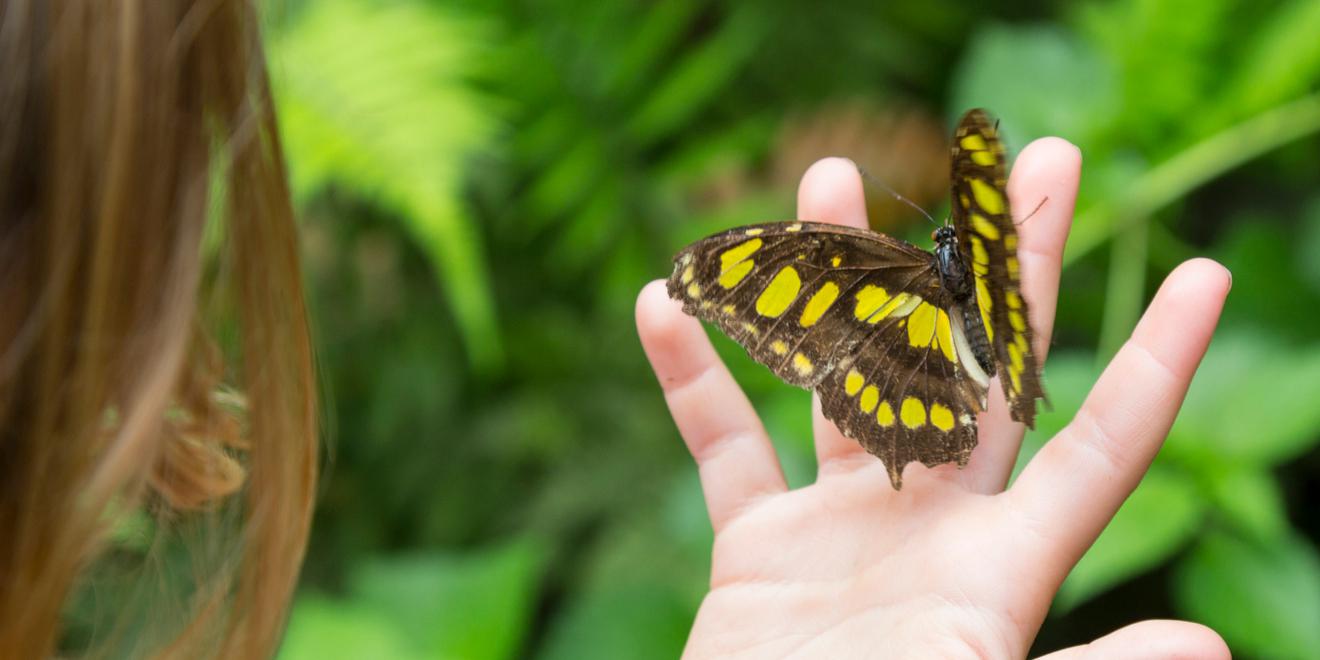Is Dengue Virus in Virginia and North Carolina?
Posted by Mosquito Squad
August 2, 2024
On June 25, 2024, The Centers for Disease Control and Prevention issued a global health alert for the increased risk of Dengue in the United States.
This included a health advisory for the purpose of notifying healthcare providers, public health authorities, and the public of an increased risk of dengue virus infections in the United States in 2024. This year, countries in North and South America have reported a record-breaking number of dengue cases, exceeding the highest number ever recorded in a single year in those regions.
Is Dengue Virus in Virginia or North Carolina?
On a global scale, Dengue is the most common disease spread by any insect and is transmitted via mosquito bites. Within the United States, six territories and freely associated states are known to have high rates of frequent dengue transmission, including Puerto Rico and the U.S. Virgin Islands, among others. Transmission has historically been less frequent in the rest of the United States, but as summers grow hotter and the mosquito season gets longer, that is changing.
As of July 2024, there have been only a few states with more than 50 reported cases of dengue virus, including Florida, New York, and Massachusetts. While there have been a few reported cases in Virginia and North Carolina, they number less than 20 in each state and are well-contained.
Which mosquito is responsible for Dengue?
The primary mosquitoes responsible for transmitting Dengue are the Aedes aegypti and Aedes albopictus species. These mosquitoes thrive in tropical and subtropical regions around the world, including parts of the Americas, Southeast Asia, and the Pacific Islands. Aedes aegypti, often referred to as the yellow fever mosquito, is particularly notorious for its role in spreading Dengue, as well as other diseases like Zika and chikungunya. These mosquitoes are most active during the early morning and late afternoon, and they breed in standing water found in containers, buckets, flowerpots, and other places where water collects. Aedes albopictus, also known as the Asian tiger mosquito, is associated with Dengue and has a broader geographical range due to its ability to adapt to cooler climates. Both species pose significant public health challenges due to their capacity to thrive in urban environments and their aggressive daytime biting behavior. Dengue is rarely spread through other routes, though it can be passed to a fetus in utero.
What should I do if I get sick after a mosquito bite?
Around a quarter of infections are symptomatic and range in severity from mild to serious. Between 3-10 days after exposure, symptoms may begin to appear, including fever and other nonspecific symptoms like nausea, rash, headache, and muscle and joint pains. There are also serious warning signs of more serious infection, including abdominal pain, persistent vomiting, bleeding from the eyes or nose, or unexplained fatigue. Babies under the age of one, adults over the age of 65, and immunocompromised individuals are at increased risk of infection.
There is no specific treatment for dengue fever, though you should speak with a healthcare provider if you suspect infection. Because most cases are mild, sick individuals can be cared for at home with rest, acetaminophen, and plenty of fluids. However, if any of the more severe warning signs appear, it is important to seek medical attention immediately.
Search for Mosquito Control Henrico and Call Mosquito Squad.
Henrico NC mosquito control is recommended by the CDC to lower your chances of receiving a mosquito bite at home. Call Mosquito Squad of Lake Country for all your mosquito and pest control requirements. Our experienced team of mosquito control techs can help you identify and defend against various Henrico. See our Henrico pest control services for more information.
Call Mosquito Squad at (434) 226-5530 today or contact us online for a free pest control assessment.
Also read: Do mosquito control companies really work?















